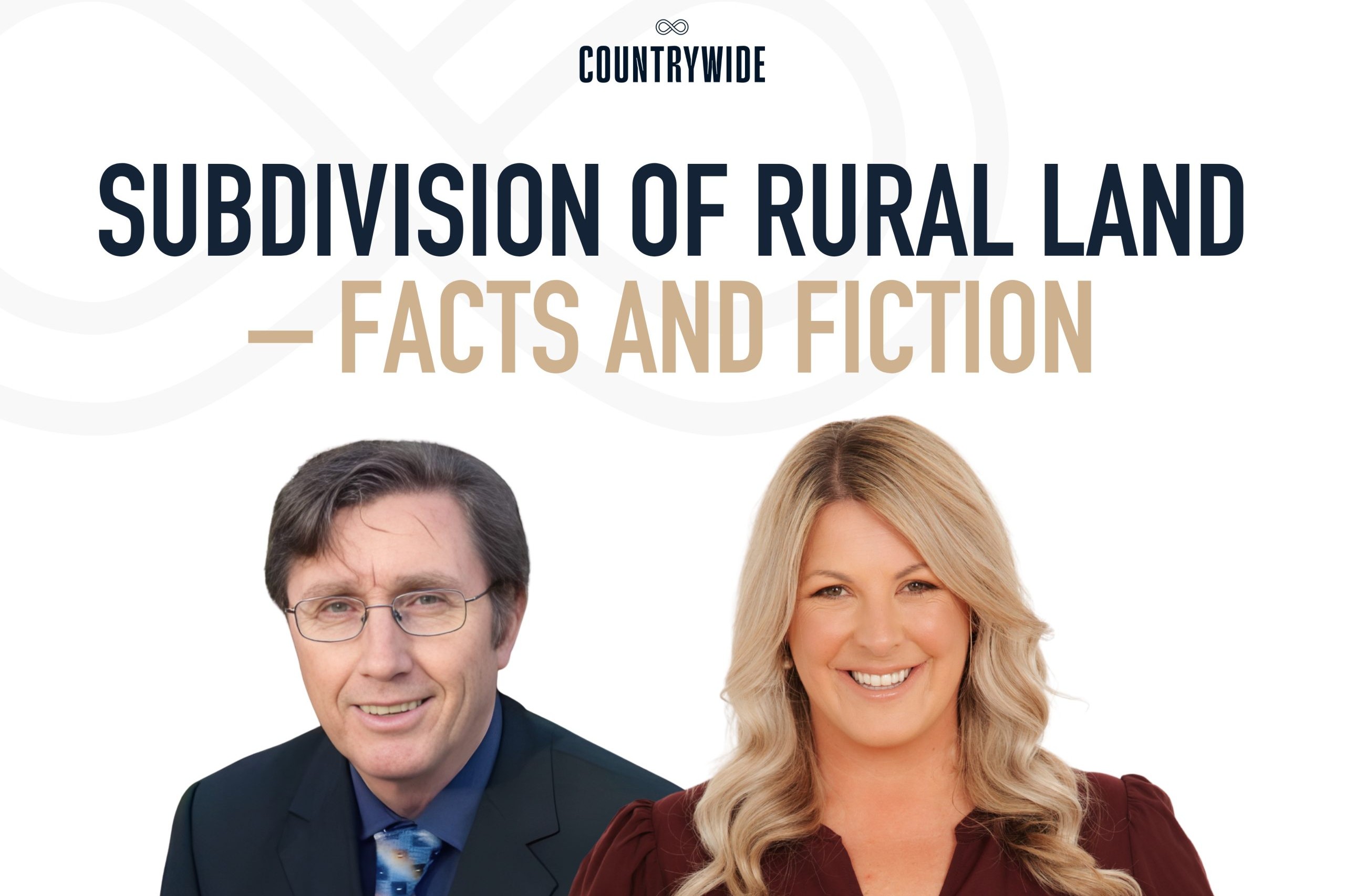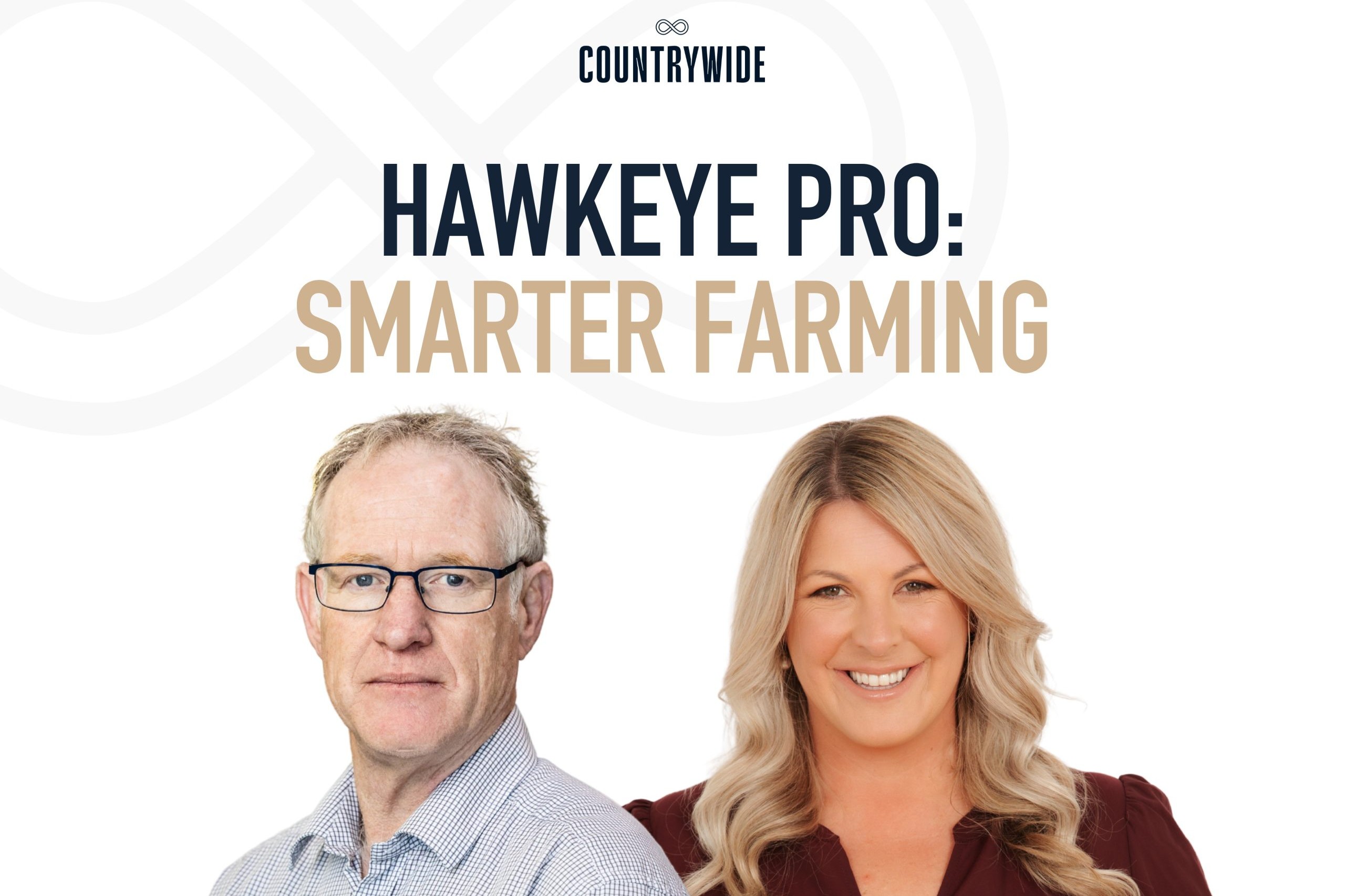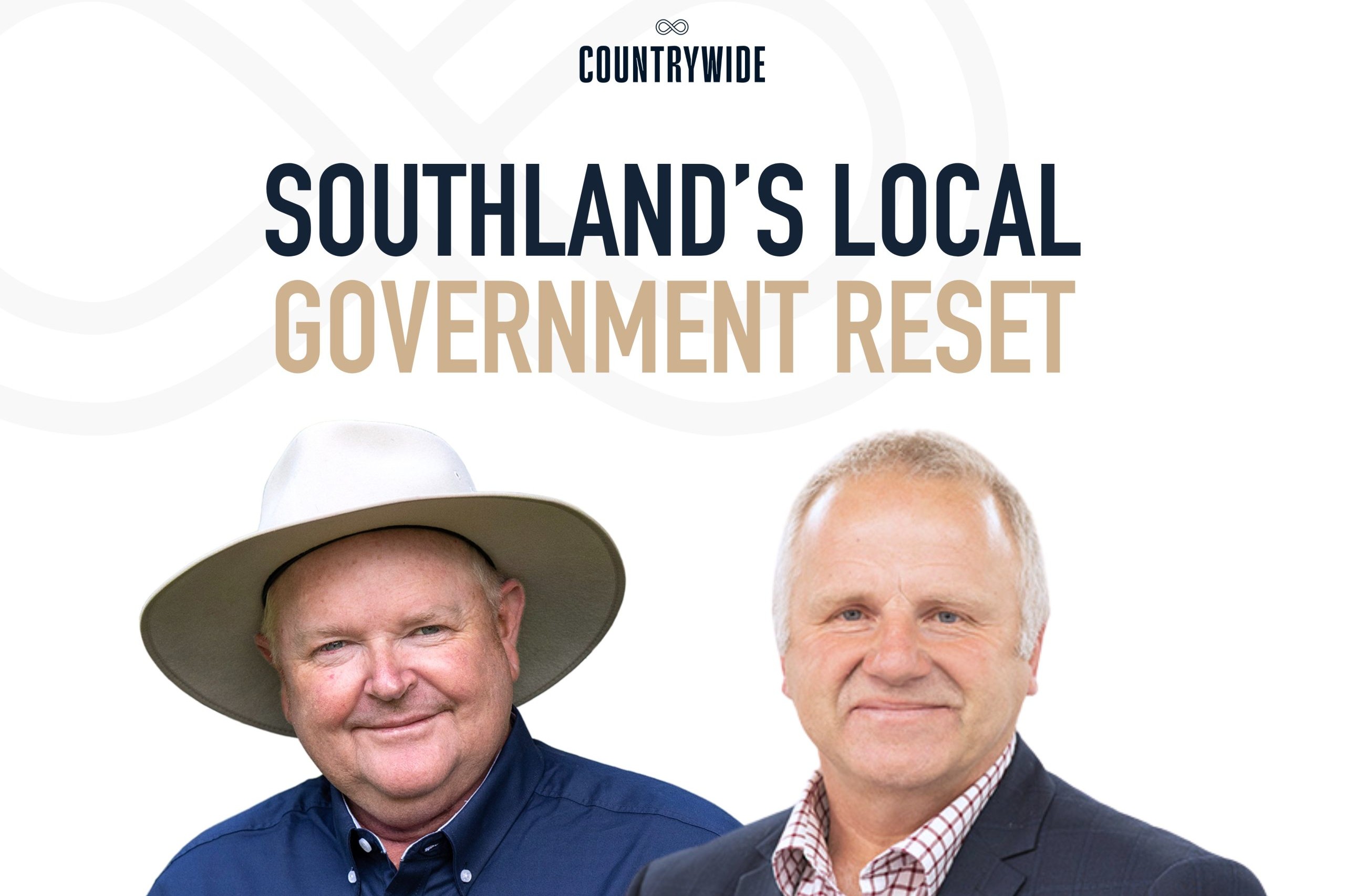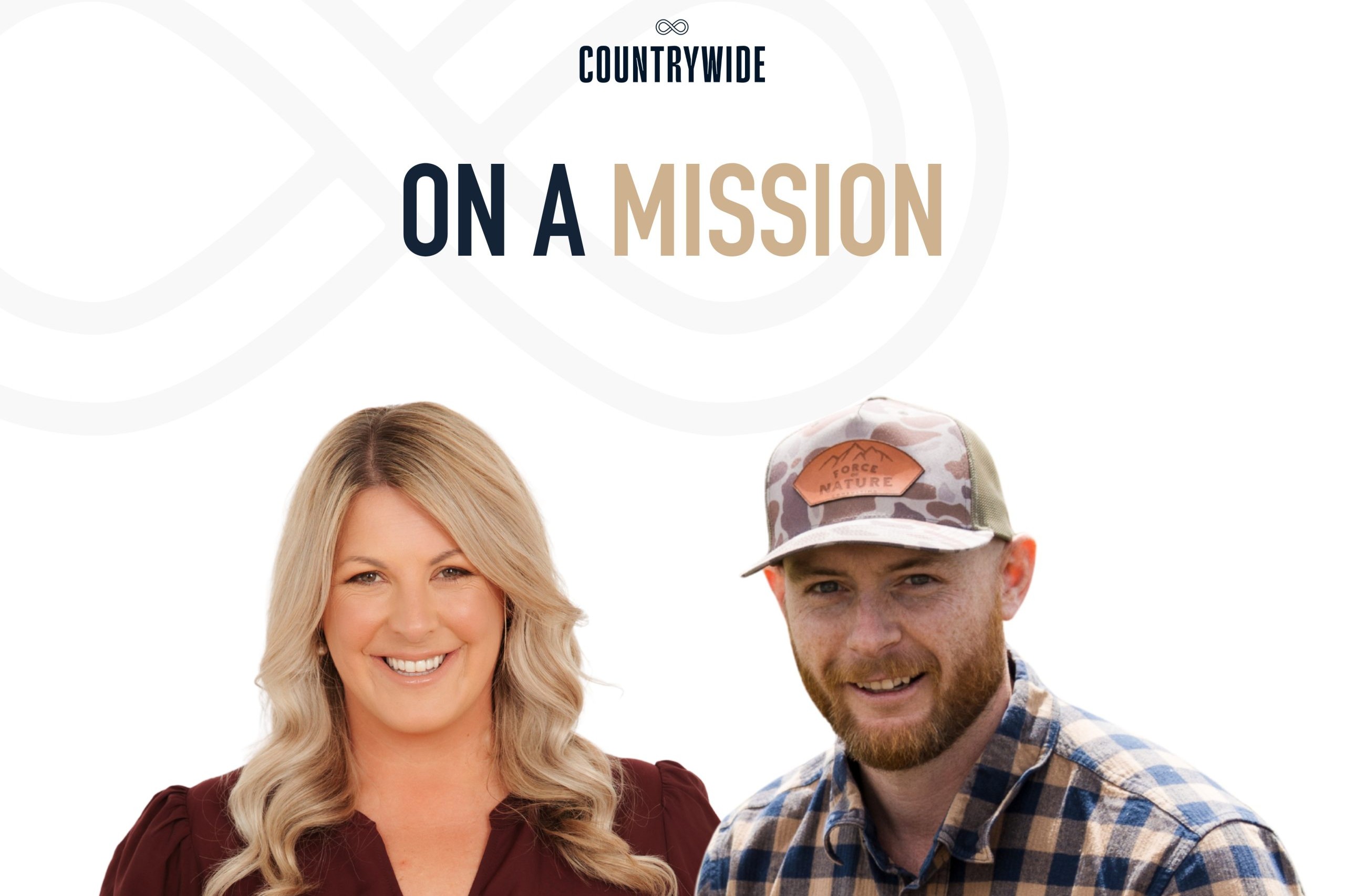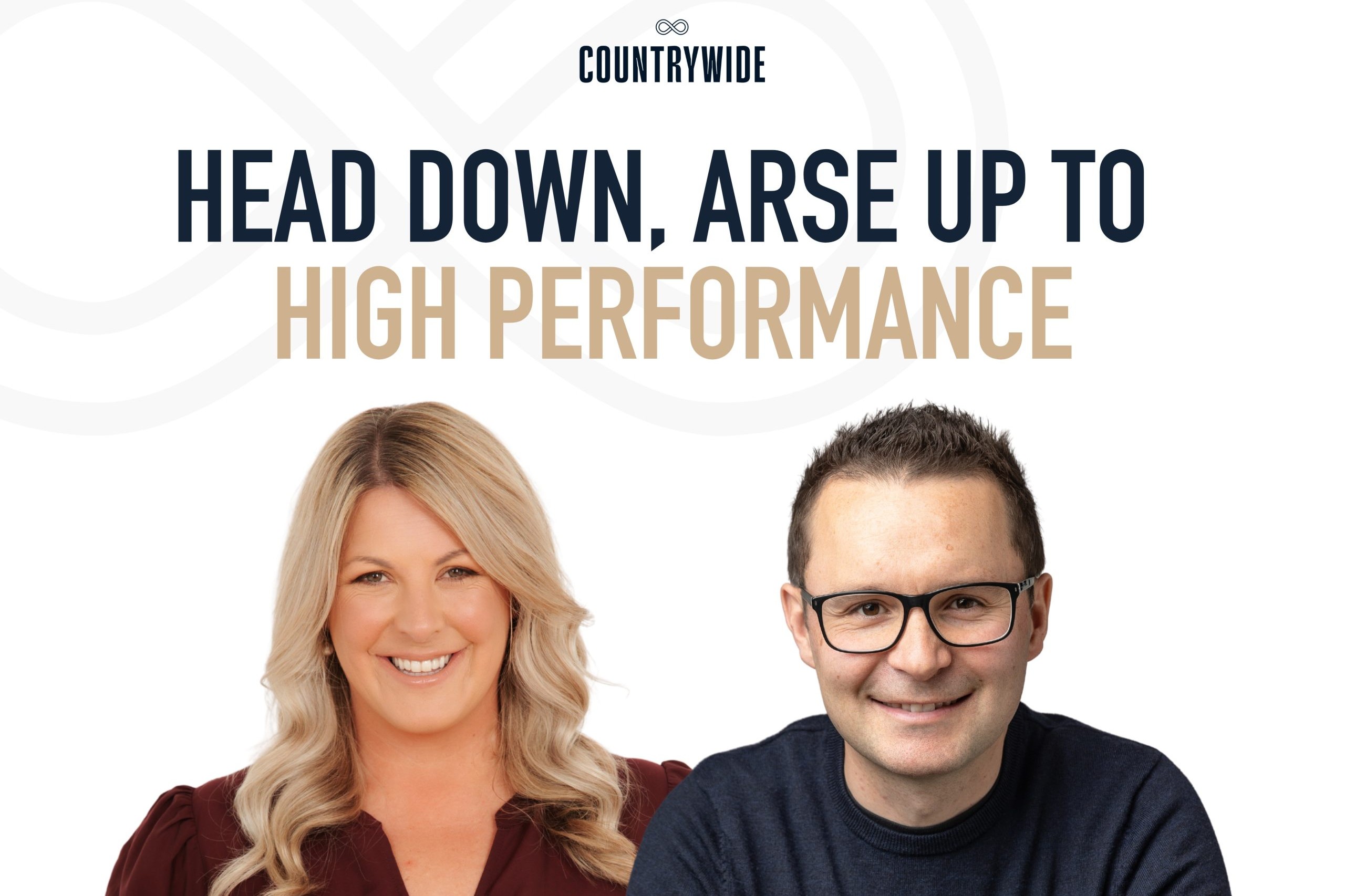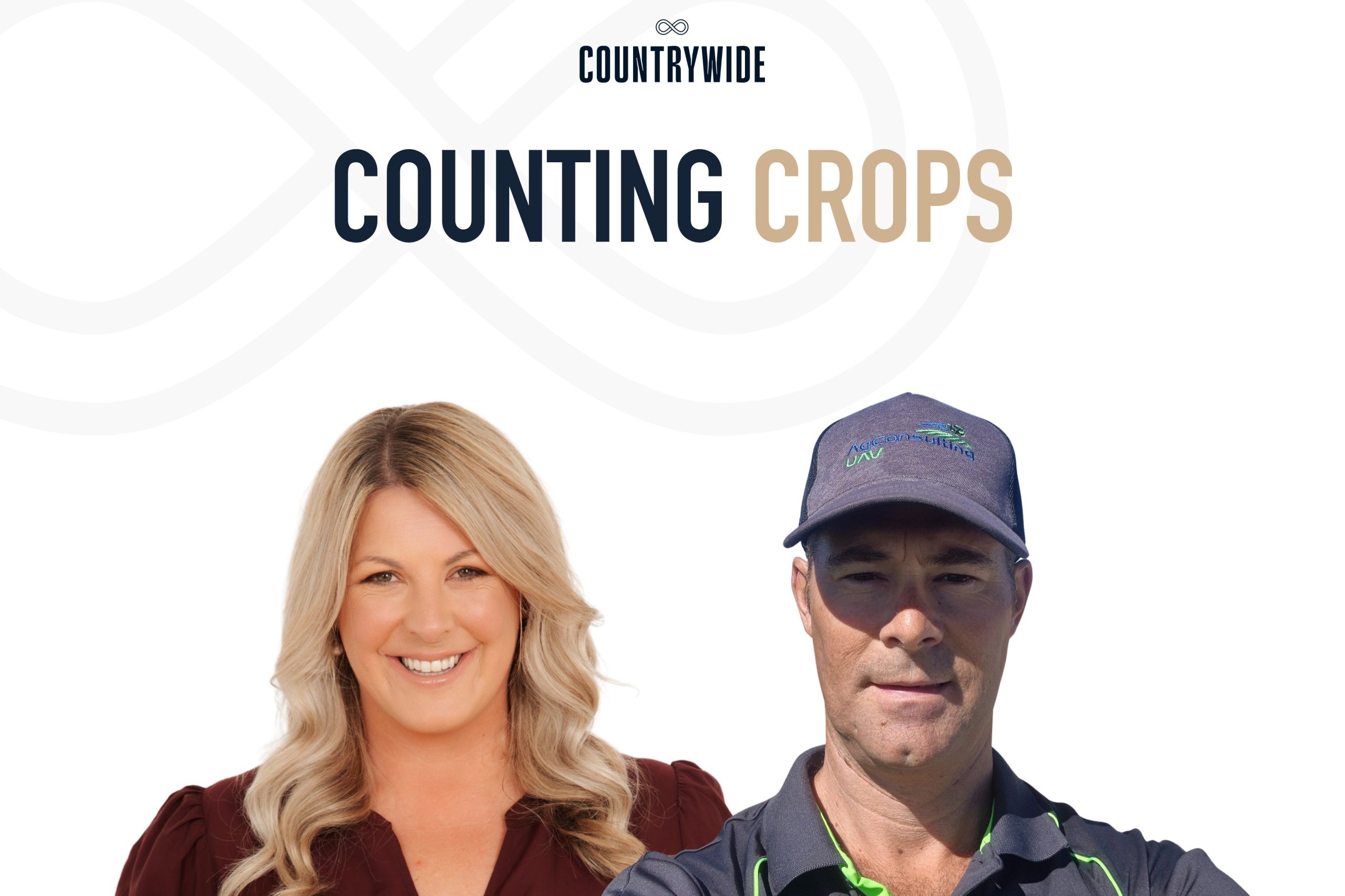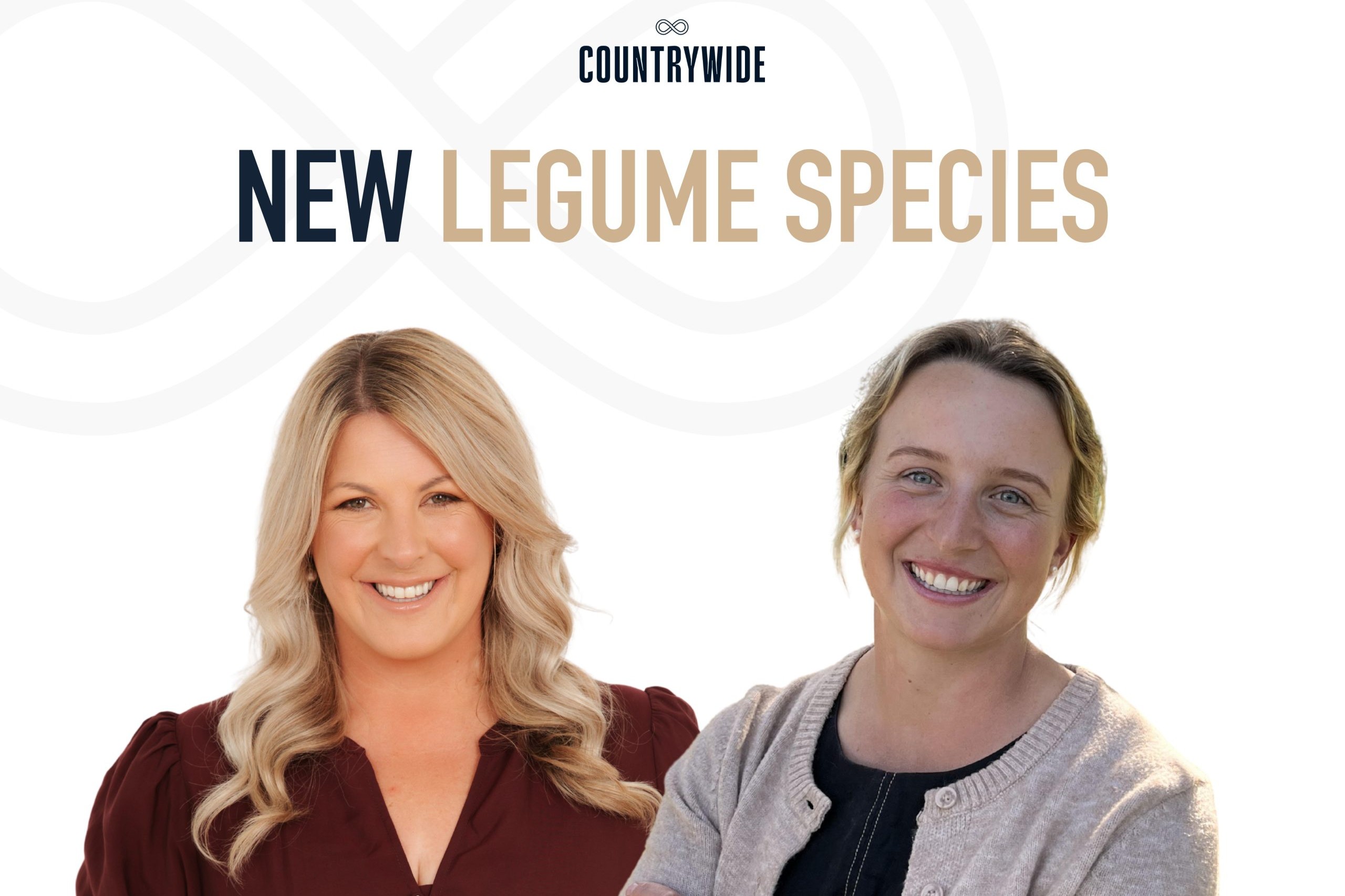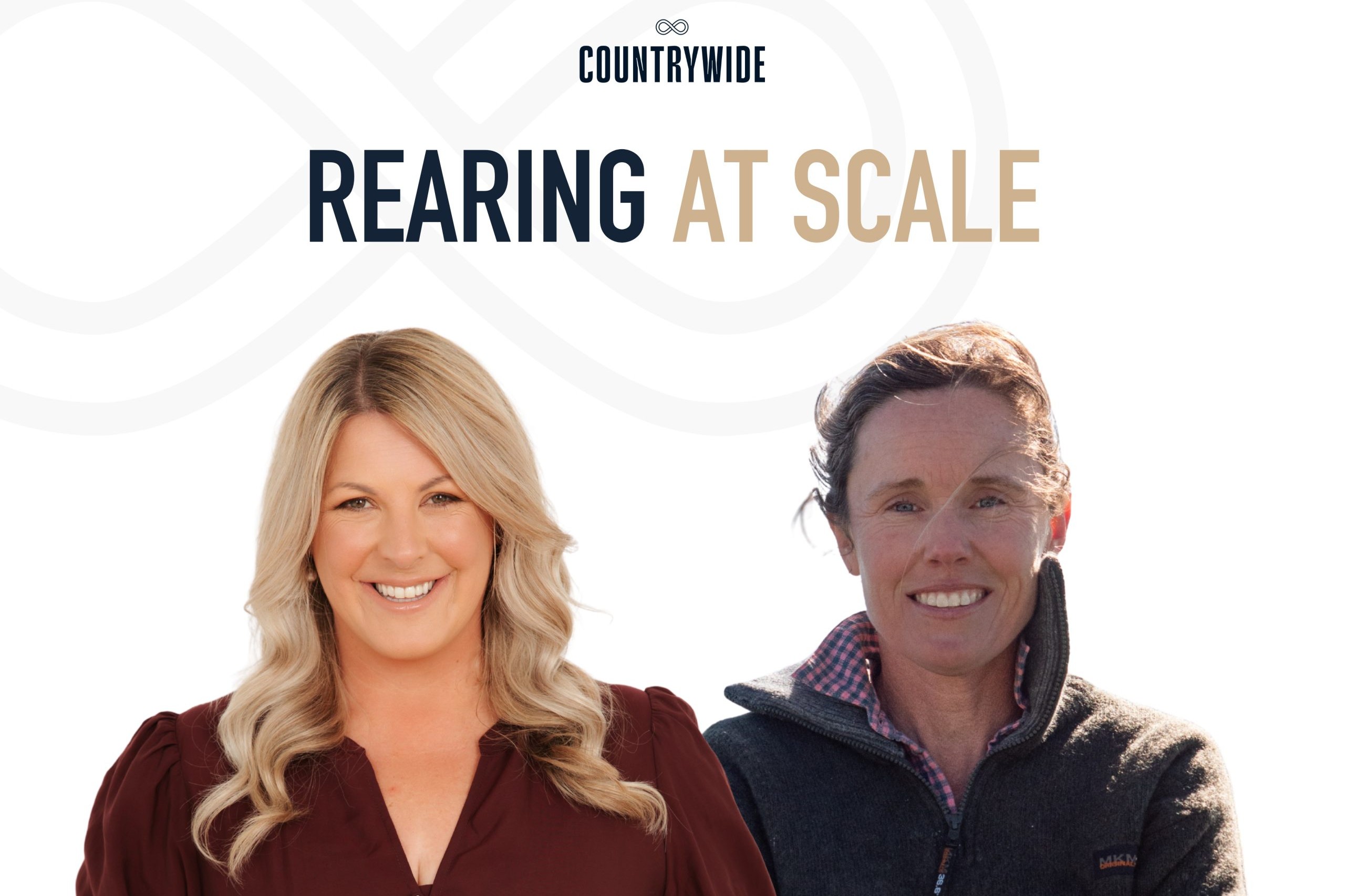Podcasts
Episode 102 – Subdivision of rural land – facts and fiction
In this episode, Phil Journeaux shares his strong thoughts on the failings of the New Zealand’s National Policy Statement (NPS) for Highly Productive Land and how the Ministry for the Environment’s ‘economically viable’ metric was flawed.
Episode 101 – Hawkeye Pro: Smarter Farming
In this episode, Mike White, Chief Science Officer at Ravensdown, explains how Hawkeye Pro, the cooperative’s precision nutrient management platform, is helping New Zealand farmers apply the right nutrients in the right place at the right time. Drawing on years of research, soil science, and advanced technology, Mike outlines how Hawkeye Pro combines soil testing, remote sensing, farm-specific data, and AI to deliver measurable value while being considerate of the environment.
Episode 99 – Southland’s local government reset
In this episode, Jeremy McPhail, Chair of Environment Southland and seventh-generation Southland farmer, discusses the region’s community-led review of local government and what it could mean for the future of regional governance.
Episode 98 – On a mission
In this episode, Conan Moynihan, farm consultant at Force of Nature and host of the From the Soil Up podcast, reflects on what it means to be part of the next generation shaping New Zealand agriculture.
Episode 97 – Head down, arse up to high performance
In this episode, James Laughlin, a high-performance coach, author of Habits of High Performers and host of the Lead on Purpose podcast, shares how principles of sustained high performance can be applied to farming. Drawing on his work with elite athletes, business leaders and rural clients, James explains why high performance is about consistently exceeding expectations while protecting wellbeing, relationships and long-term resilience.
Episode 96 – Counting crops
In this episode, Terry Kingsbury, Chief Drone Pilot at Agricultural Consulting Services in Canterbury, discusses the evolution of drone technology in New Zealand agriculture and why it is becoming an essential tool for farm productivity and precision management. He explains how drones are used for accurate plant counts, crop health monitoring, mapping, and variable rate spraying, and highlights the importance of integrating these tools into everyday farm decision-making.
Episode 95 – Knowing your soil moisture pays off
In this episode, Jane Robb, Senior Environmental Consultant at Irricon, discusses the evolution of soil moisture monitoring in New Zealand and why it is becoming an essential tool for farm productivity and environmental management. She explains how modern technology helps farmers make smarter irrigation decisions, highlights the importance of matching sensors to different soil types, and outlines what this could mean for improving water use efficiency, nutrient retention, and overall farm resilience.
Episode 94 – New legume species
In this episode, Dr Lucy Bell discusses her PhD research into legume species that can thrive in hill and high country soils affected by high aluminium toxicity. She explains why traditional options like lucerne struggle in these environments, highlights the standout performance of species such as Lotus pedunculatus and crimson clover, and outlines what this could mean for improving nitrogen supply, forage quality and animal performance in challenging farming systems.
Episode 93 – Rearing at scale
In this episode, Rebecca Furzeland shares how she and her husband Andrew have built one of New Zealand’s standout large-scale calf rearing operations, combining smart infrastructure, tight systems and strong supplier relationships to rear 3,500 calves a year. She outlines the design decisions that drive efficiency, the early life nutrition that underpins animal health, and why clear communication with dairy farmers is the critical lever for lifting performance.
Special Episode – Halter: Driving Profit, Efficiency and Sustainability
This special episode of CountryWide explores the first independent evaluation of Halter’s virtual fencing and herding technology, now used on more than 600,000 dairy and beef cows across New Zealand, the United States and Australia. An AgFirst and Transform Agri study of ten high-performing dairy farms shows clear gains in pasture utilisation, labour efficiency, animal performance and environmental outcomes.
Sarah Perriam-Lampp speaks with James Allen from AgFirst, Julian Gaffney from Transform Agri and Halter’s Head of Corporate Farming, Steve Crowhurst, to unpack the findings, including an average 13 percent lift in farm profit before tax and how top operators are using the system.

